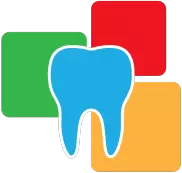What Are The Steps Of Teeth Cleaning
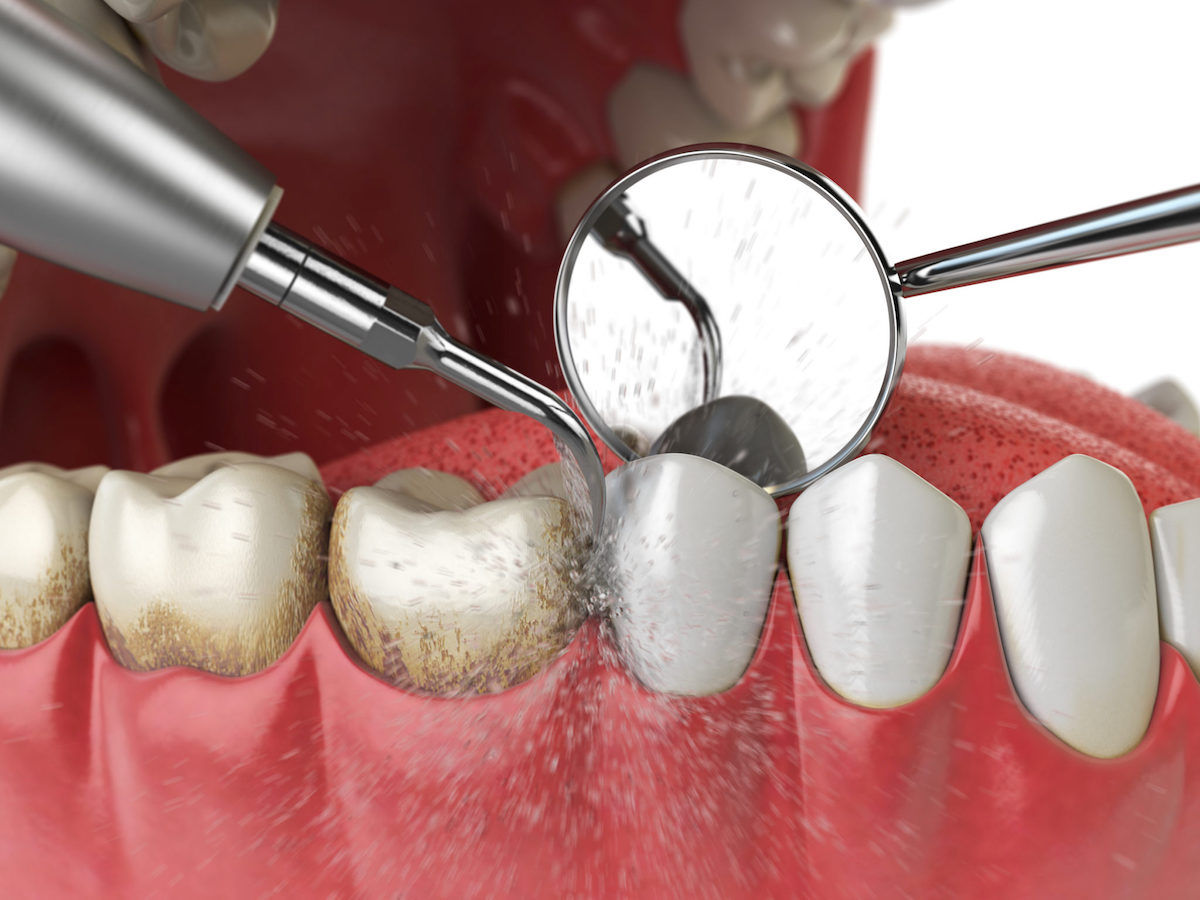
I. Introduction
Maintaining good oral hygiene is not just about a bright smile; it's a cornerstone of overall health and well-being. Neglecting oral health can lead to various issues, including gum disease and cavities. To maintain optimal oral hygiene, locating dentists near me becomes a priority for timely cleanings and expert advice on dental care practices. The primary focus of this blog is to shed light on the often overlooked yet crucial steps involved in professional teeth cleaning. By understanding the significance of this process, individuals can take proactive measures for a healthier mouth.
II. Understanding Teeth Cleaning
Teeth cleaning is not a one-size-fits-all procedure; it's a tailored approach to address individual oral health needs. Dental professionals play a pivotal role in this process, utilizing their expertise to identify potential problems and ensure a thorough cleaning. Regular check-ups with dentists near me not only contribute to a healthy smile but also establish a long-term relationship with a trusted oral health partner.
III. Steps of Teeth Cleaning
1. Physical Examination
The physical examination at the start of a teeth cleaning session involves a careful assessment of the entire oral cavity. Dentists inspect the gums, teeth, and soft tissues for signs of inflammation, decay, or other abnormalities. This step sets the stage for a personalized cleaning plan that addresses specific concerns, ensuring a comprehensive and effective treatment.
2. Removing Plaque and Tartar
Plaque, a sticky film of bacteria, and tartar, hardened plaque, can accumulate even with regular brushing. Dental hygienists use specialized instruments to gently scrape away these deposits, focusing on hard-to-reach areas such as between teeth and along the gumline. This meticulous removal is crucial for preventing gum disease and maintaining optimal oral health.
3. Application of Professional-Grade Toothpaste
The toothpaste used in professional cleaning contains abrasives that polish the teeth, removing surface stains and making it more difficult for plaque to adhere. Additionally, these toothpaste formulations often include desensitizing agents and fluoride to enhance enamel strength and reduce sensitivity.
4. Flossing
Flossing during a professional teeth cleaning session goes beyond the routine at-home practice. Dental professionals use precise techniques to access tight spaces between teeth and remove any remaining plaque or debris. This step is essential for preventing cavities and maintaining healthy gums, contributing to an overall clean and fresh feeling.
5. Rinsing
The rinse used in the dental office typically contains antimicrobial agents to kill lingering bacteria and leave the mouth feeling refreshed. This step not only completes the cleaning process but also contributes to ongoing oral health by reducing the risk of infection.
6. Applying Fluoride Treatment
The final step involves the application of a fluoride treatment, a mineral that helps strengthen tooth enamel. This additional layer of protection is especially beneficial for individuals prone to cavities, providing long-lasting benefits beyond the cleaning session.
IV. Common Questions about Teeth Brushing
Addressing common questions about daily oral care helps individuals refine their at-home routine and reinforces the importance of preventive measures.
- How many times a day should you brush your teeth?
Brushing at least twice a day is recommended, but brushing after meals can provide additional benefits by removing food particles and bacteria.
- When should you brush your teeth?
While brushing after meals is ideal, the most crucial time to brush is before bedtime to remove accumulated plaque and bacteria.
- Do you know how to brush your teeth properly?
Using a soft-bristled brush and employing a gentle circular motion, ensuring coverage of all tooth surfaces, is the recommended technique. Additionally, incorporating flossing and regular dental check-ups further enhances oral health.
V. Is Cleaning of Teeth Painful?
One common concern individual have is whether teeth cleaning is a painful procedure. It's important to note that professional teeth cleaning is typically not painful. Dental professionals are trained to ensure the comfort of their patients. The use of numbing gels and modern techniques minimizes any discomfort during the cleaning process. If individuals experience sensitivity, it's crucial to communicate this to the dental team to make adjustments and enhance the overall experience.
VI. Does Teeth Cleaning Remove Yellow?
Yes, professional teeth cleaning can effectively remove surface stains and discoloration, including yellowing caused by factors such as coffee, tea, and smoking. The polishing step in the cleaning process helps restore the natural color of the teeth, enhancing their appearance and brightness.
VII. Is Cleaning Good for Teeth?
Absolutely, professional teeth cleaning is beneficial for overall oral health. It not only removes plaque and tartar, preventing gum disease and cavities but also contributes to a healthier, brighter smile. Regular cleanings are a proactive measure to maintain optimal dental hygiene. When it comes to oral health, it's crucial to have skilled dentists near me to address any immediate concerns or routine check-ups.
VIII. Does Teeth Cleaning Cause Gaps?
No, teeth cleaning performed by dental professionals does not cause gaps between teeth. In fact, by removing plaque and tartar, the cleaning process contributes to maintaining the proper alignment of teeth. If individuals notice changes in their teeth or gaps, it's essential to consult with their dentist to identify the underlying cause.
IX. Do Teeth Get Loose After Deep Cleaning?
No, teeth do not typically become loose after a deep cleaning, also known as scaling and root planing. This procedure is aimed at treating gum disease by cleaning below the gumline. While some temporary sensitivity or mild discomfort may occur, it is crucial to follow post-treatment care instructions provided by the dental professional.
X. How Long Does a Teeth Cleaning Take?
The duration of a teeth cleaning session can vary based on individual needs and the extent of plaque and tartar buildup. On average, a professional teeth cleaning takes approximately 30 minutes to an hour. For individuals requiring additional treatments, such as deep cleaning, the session may take longer. It's advisable to discuss the expected duration with the dental team during the appointment.
XI. What Are the Methods of Teeth Cleaning?
Teeth cleaning methods vary, with dental professionals employing a combination of hand instruments and ultrasonic devices. Hand instruments, like scalers, are used for manual removal of plaque and tartar, while ultrasonic devices use high-frequency vibrations to break down deposits. The choice of method depends on individual needs and the extent of plaque and tartar buildup.
XII. What Are the Stages of Deep Cleaning?
Deep cleaning, also known as scaling and root planing, is a more intensive procedure typically recommended for individuals with advanced gum disease. The process involves cleaning below the gumline to remove plaque and tartar from the tooth roots. Stages include thorough examination, scaling to remove deposits, and root planing to smooth the tooth roots and promote healing.
XIII. What Are the New Methods of Teeth Cleaning?
Advancements in dental technology have introduced new methods of teeth cleaning. Laser therapy is one such innovation, using focused light beams to remove plaque and bacteria. Air polishing, which employs a jet of compressed air and fine powder particles, is another modern technique for gentle and efficient cleaning. These advancements contribute to more comfortable and effective teeth cleaning experiences.
XIV. What Are the Side Effects of Teeth Cleaning?
While professional teeth cleaning is generally safe, some individuals may experience mild side effects. These can include temporary tooth sensitivity, especially to hot or cold temperatures. Gums may also be tender or bleed slightly, particularly if there's significant plaque buildup. These side effects are typically short-lived and can be managed with proper care. It's essential to communicate any concerns with the dental team during and after the cleaning session.
XV. Conclusion
In conclusion, professional teeth cleaning is a comprehensive process tailored to individual needs, aiming not only for cleanliness but also for long-term oral health. Regular check-ups and cleanings, coupled with a robust at-home oral care routine, are key to preventing dental issues and maintaining a radiant smile. By embracing the steps outlined here and staying informed about new methods, individuals can take proactive measures toward a healthier and more confident oral future. The availability of dentists near me encourages a proactive approach to dental health, ensuring that any issues are promptly addressed.
- A-3, Natraj Nagar near Imli Phatak, Jaipur-302015
- +91 9945826926
- contact@amddentalclinic.com
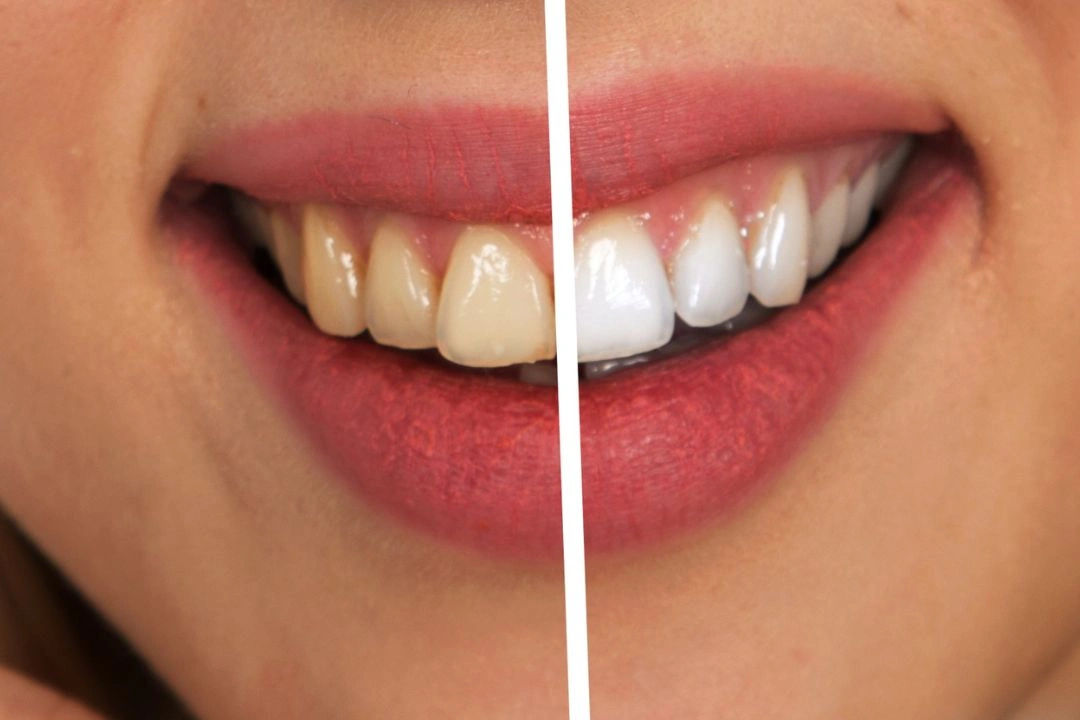
Teeth Whitening Side Effects: What You Should Expect and How to Avoid Them
Discover common teeth whitening side effects like sensitivity & gum irritation. Learn expert tips to avoid them and achieve a brighter smile safely.
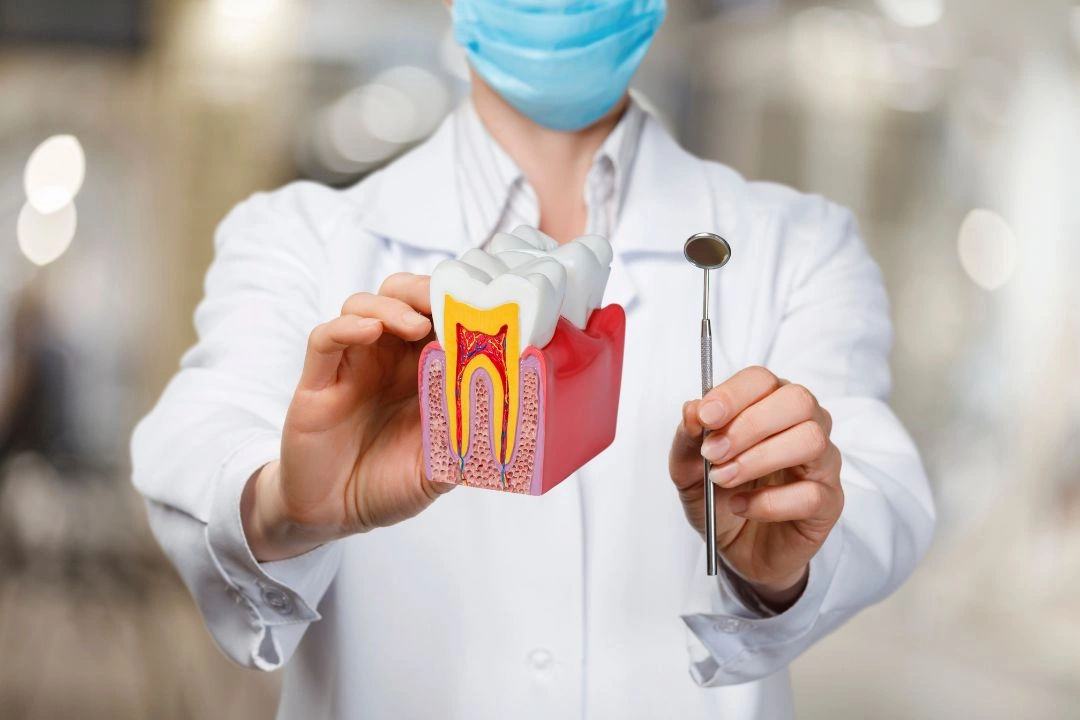
The Role of RCT Specialists in Saving Infected Teeth: What Makes Them Different?
Discover how RCT specialists at AMD Dental Clinic in Jaipur expertly save infected teeth with advanced root canal treatments and pain-free care.
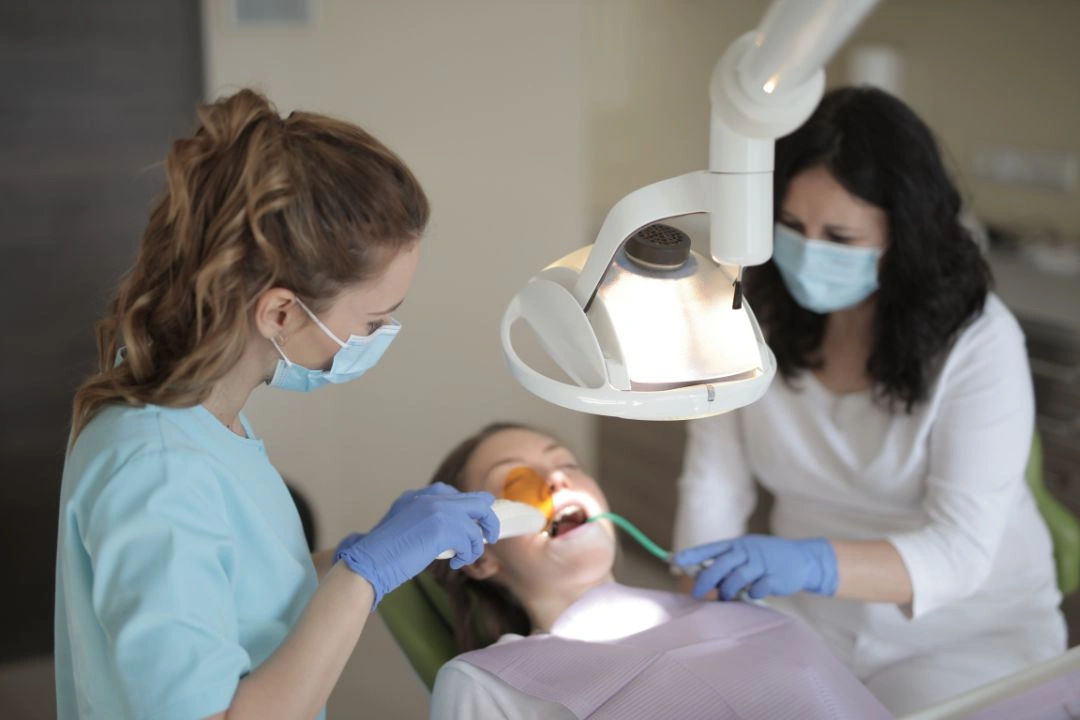
Emergency Dental Services in Jaipur: Which Clinic Should You Call First?
Emergency dental help in Jaipur is just a call away. AMD Dental Clinic ensures fast, effective treatment with expert hands.
